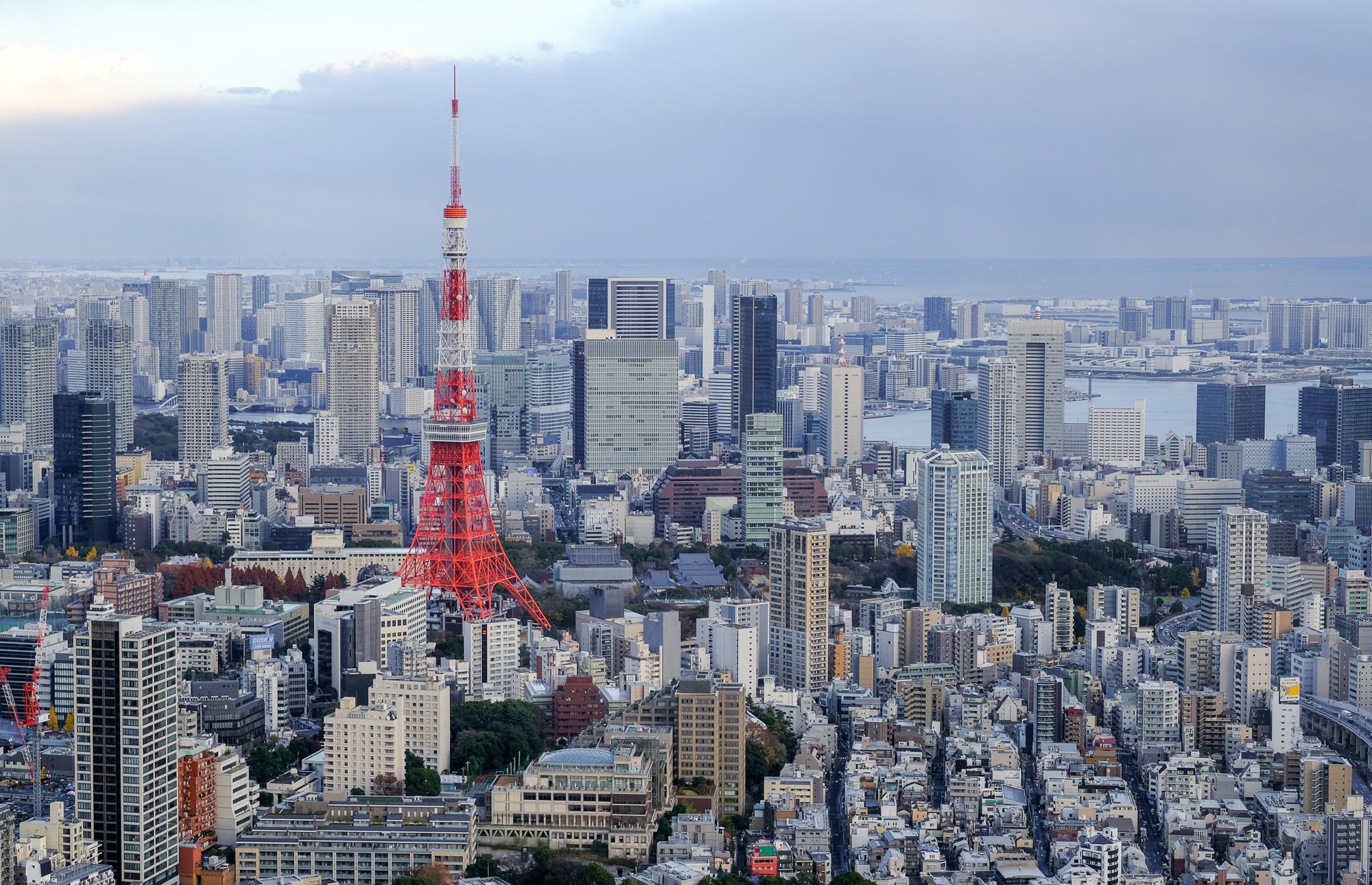The agony of renting and moving in Japan

So we’re on the hunt for a new apartment again. Having spent almost two years in our current place, it’s time to look around for a new one. Why that is and why I’m dreading this process already has to do with the ridiculous customs of renting and moving houses in Japan. Buckle up.
There’s nothing wrong with our current home – we like the area, rent is ok – so why move after only two years you may ask. The vast majority of residential properties in Japan come with a fixed-term two-year contract. After that, you’re expected to pay a renewal fee that is usually equal to one month of rent. Meaning every two years, you get to pay your landlord a bonus for the privilege of continuing to pay your rent. Hence, it’s time to consider our options and see whether something better is out there. Moving out, though, is most certainly not the cheaper alternative.

To rent an apartment in Japan you’ll first need a guarantor, sombody who essentially acts as an insurance for the landlord, guaranteeing that you will pay the rent. This could be your university, your employer, or if you’re from Japan your relatives as long as they agree to do it. For foreigners, the most common option is using the services of a guarator company (保証人会社). For a one-time fee and another(!) yearly renewal fee, these businesses act as your guarantor towards the lardlord.
You will, of course, also pay a deposit (敷金) that’s usually worth one to two months of rent. Should you damage the property, any repairs and cleaning fees will be deducted from it at the end of your lease. Nothing out of the ordinary, but the fees don’t end there. In addition, it’s very common for Japanese landlords to demand “key money” (礼金). Also called gratitude money, this is a one-time payment that you won’t get back when moving out. It’s a customary fee to thank your landlord for letting you stay in his/her property. Expect to pay another one-month‘s of rent on this. If it’s a newly built or renovated property, it might also be two months.
Annoying fees that are nothing else than cash grabs is not even the biggest obstacle, though. That would be your nationality. To this day, there are many landlords that will outright refuse to rent to foreigners because they consider them a flight risk. Hence, you might as well disclose that in the very first message. Sometimes the landlord will have no issue, sometimes you will not receive and answer.
So, will we be moving anytime soon? We’ll see about that. I still have some hope that 2022 is going to be the year we’ll finally be able to travel internationally again more freely. If that happens, I’d much rather spend that money on travels. Unfortunately, right now Japan is still pursuing an overly strict travel policy that does more harm than good – to foreigners wanting to come into the country and ultimately to Japan itself. That, however, is a topic for a future blog posts.

